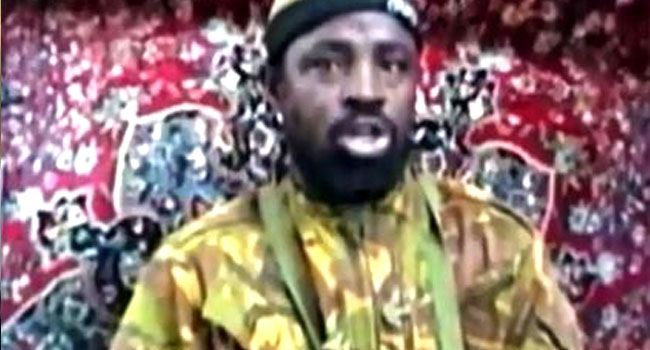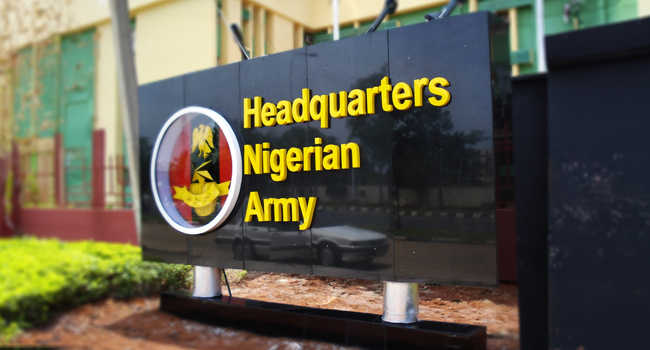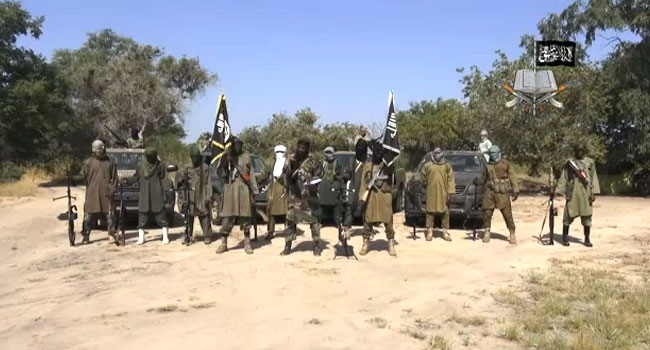Boko Haram’s factional leader Abubakar Shekau has re-emerged in a new video after a long absence that fuelled speculation about his health and ability to lead the Islamist militants.
In a 36-minute message, seen by AFP on Tuesday, Shekau wore a white robe and skull cap and held an assault rifle as he sat in front of a military camouflage canvas.
He appeared unwell but made no direct mention of his health or reports from last month that he had high blood pressure, failing eyesight and diabetes-related complications.
The jihadist leader used to appear frequently on camera but was last seen in a 14-minute video message on February 6, in which he claimed responsibility for attacks in the northeast region.
He is widely believed to be aged in his late 40s. The US justice department lists 1965, 1969 and 1975 as possible years of his birth
He said the latest message was recorded on July 12 at the request of his supporters “as a kind of Eid greetings… to show that their brethren are well, in view of all sorts of things infidels are saying (about us) which we have ignored”.
The end of the Muslim holy month of Ramadan was celebrated in Nigeria on June 15. It was not possible to obtain independent verification of the claimed date, and there was no explanation about the apparent delay in recording or publishing the message.
In May 2017, Shekau looked frail and appeared to have difficulty reading from a prepared speech, which he held close to his face in an apparent indication of vision problems.
Two well-placed sources told AFP last month that Shekau’s health was failing and he was “too weak to be in charge” of the jihadists.
His lieutenants were said to be in talks about the situation.
Boko Haram, whose insurgency has left at least 20,000 dead since 2009, split in mid-2016 over ideological differences about the targeting of civilians in the conflict.
One faction, headed by Abu-Mus’ab Al-Barnawi, whose father Mohammed Yusuf founded Boko Haram, won the support of the Islamic State group.
The Barnawi faction has been blamed for a spate of attacks in recent days against the military.
Eight people were killed in a suicide bombing at a mosque in Borno state on Monday, in an attack that bore the hallmarks of the Shekau faction.
AFP



